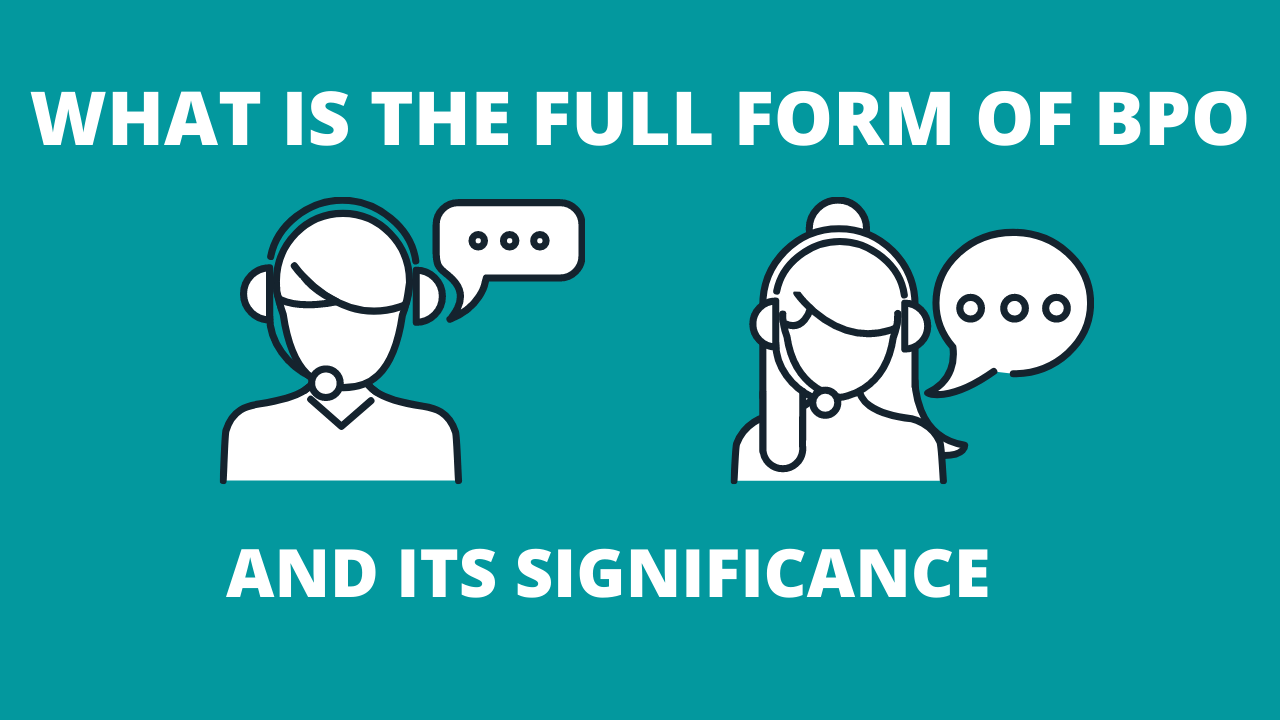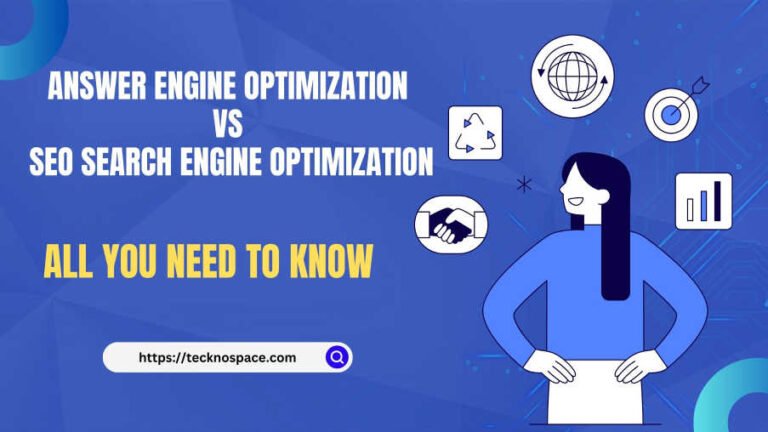What is the full form of bpo and its significance?
The full form of BPO is Business Process Outsourcing so now, let us learn what is BPO and its significance.
When the company outsources or sub-contracts their process to the Third Party vendor for running their business effectively. This process is termed BPO.
There are many BPO vendors that are available in the industry for delivering solutions for the client’s requirement.
A company of any size utilizes the BPO service for servicing their clients in order to meet their requirement.
Table of Contents
What is BPO service?
The BPO full form is Business Process Outsourcing. Such a business model essentially ensures the balancing of the workload as it helps in scaling the company processes.
When it comes to the BPO industry, people generally think of Call centre only however, BPO is capable of managing multiple processes.
BPM means Business Process Management which can comprise of Contact centre a.k.a Call centre, Fulfilment activity, Back office, Consulting, HR & Staffing etc.
BPO and BPM are similar with different names. Now, let us focus on BPO and learn about the terms that we often hear, one by one.
BPO vendors understand the client requirement in detail by doing due diligence before taking up the bpo projects.
You may have heard of CCE in the Contact centre so the full form of CCE in BPO is a Call centre executive who generally takes or makes the call to the customers/clients.
Processes managed by BPO vendors are
- Call centre or Contact centre: A place where a call centre executive delivers information about the product or service and try to sell them to the customer.
This may be B2C i.e, Business to Customer or B2B i.e. Business to Business. The call centre or contact centre manages the following processes
Inbound: In this type of service, the inbound CCE receives the client’s call, be it troubleshooting any technical gadget or any service.
It can also be customer service that essentially means furnishing information to the customers regarding the product or service.
In some cases, an executive can also make a sale while explaining the product or service.
Outbound:-In this type of BPO service. The CCE (Call centre executive) call the customer to sell the product or service.
For example, you may have received a call for a credit card or insurance. This is known as cold calling.
CCE does cold calls to make a sale and generate revenue for the company.
2. Back Office:– Industries such as BFSI, NBFC, FMCG etc generally outsource their key processes to BPO vendors to streamline their back-office processes.
Processes like documentation, payment processing, Accounts payable processing are mainly managed by BPO vendors.
That is where BPO that specializes in providing solutions using the state of the art technology comes into play.
3. Fulfilment service: Fulfilment service mainly consists of last-mile activity or service being done on FOS that is feet on the street.
Field executives are assigned the job demographically in order to accomplish the work.
It comprises of activity like document collection, roadshows, field marketing etc as per the client need.
4. HR & Staffing:- In this type of service, a company can outsource some part of human resource or outsource the entire staffing piece to the BPO third party.
Often, the organisation outsources its HR and staffing piece to ensure all HR activities done efficiently within the stipulated time.
Outsourcing staffing means the Third-party BPO company will have to manage the company’s employee payroll completely.
Benefits of BPO Company
- Productivity Boost: BPO manages the operations and back-office piece efficiently through its manpower, industry experience and infrastructure in place.
- Cost-effective: Outsourcing to BPO vendors or third party is very cost-effective as it saves labour cost, infrastructure and other costs involved.
- Speed and Efficiency: Outsourcing can help the client run their process smoothly and efficiently with speed without having the client bear the cost and continuous follow up.
- Control: Outsourcing can control and notify the client about the challenges and the cost, the client has to suffer.
Disadvantages of BPO Company
- Security issues: There is a huge possibility of customer information leakage and security breach while working with the BPO vendor as sharing customer information is a process.
- Complete dependency: Client may completely depend on BPO vendor to run their operations or contact centre. If the vendor shuts the company, the client will have to start all over again.
- Unforeseen circumstances or unknown costs: Due to technical issue or power outage, the BPO vendor may temporarily halt the process for some time which may result in heavy loss.







